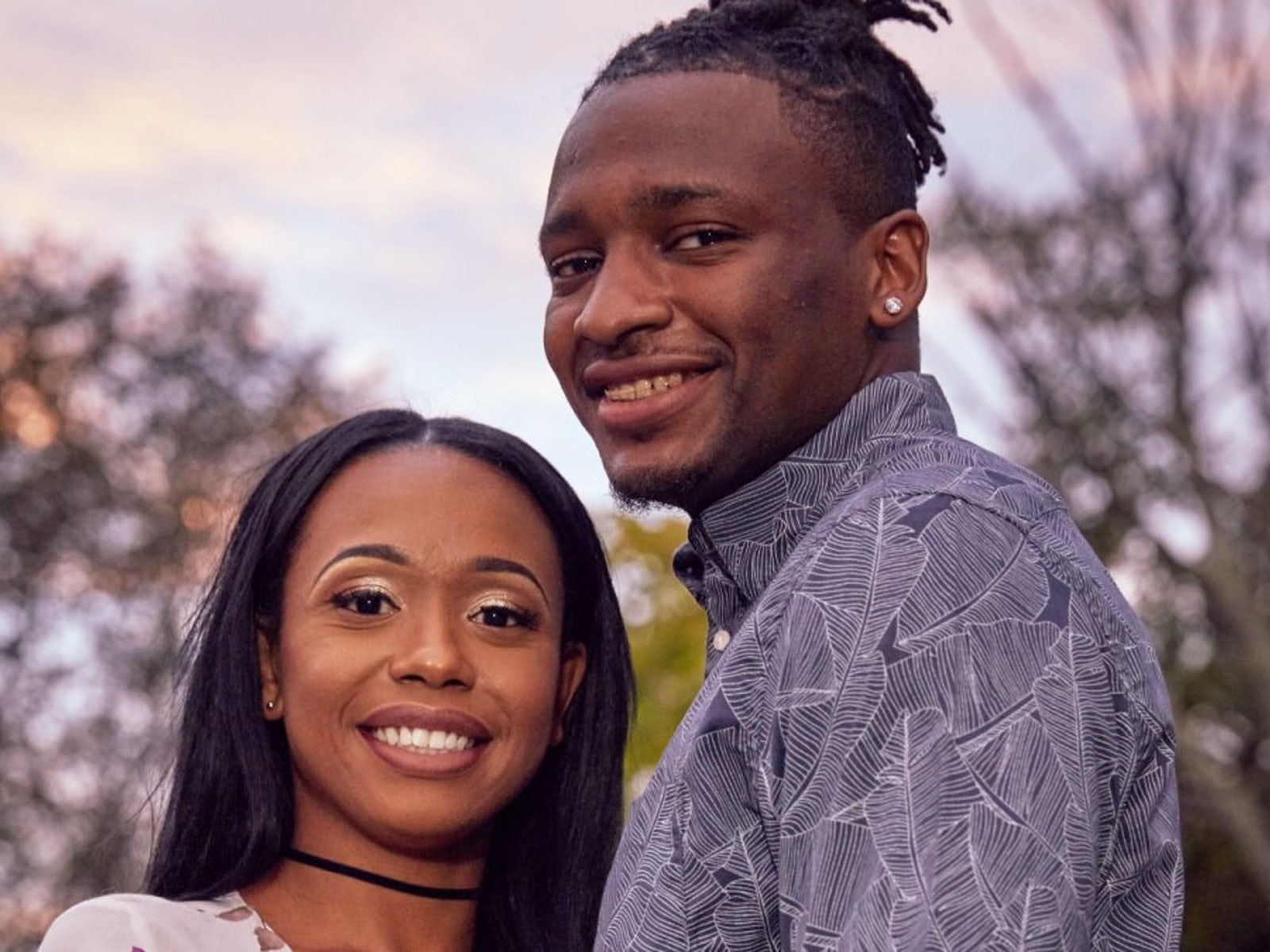

On our wedding day, you sent me a card that said, 'Things that are understood need not be explained.' With that said, I want to be your wife until the day I die," Downs told Duhon on Thursday's episode.Ī reunion episode scheduled to air at 7:30 p.m. Thursday on the Lifetime network will reveal how the marriages fared without cameras. "This experience was a huge leap of faith, and the thing about taking a leap is that you don't know where you'll land. Throughout much of the season, Downs expressed doubt about whether she should stay with Duhon and was even shown moving out of their home on an episode that aired this month. Still, it was a surprise that all the local couples decided to stick with their marriages because DeGroot and Knapek seemed stuck in the friend zone, while Round Lake facilities director Sheila Downs and former Chicago State University basketball player Nate Duhon experienced nasty fights. This season's marriage between West Town marketing executive Anthony D'Amico and suburban bar manager Ashley Petta seemed solid, save for a few petty fights. Only two of these couples are still together. Seven of the 12 couples in the prior four seasons agreed on decision day to stay married. Implications for culturally relevant practice are discussed.At the end of eight weeks, the newlyweds decide if they will continue or end their arranged marriage. A client is presented from a traditional psychotherapeutic perspective and then viewed through a lens that integrates psychotherapeutic practice with conscious awareness of the mythology and stereotypes impacting Black women. A case example illustrates the assiduity essential to practicing in a culturally competent manner. Awareness of the angry Black woman mythology, including its genesis, manifestations, and the unique experiences of Black women, may raise the standards of cultural competence for clinicians and provide more successful treatment outcomes in working with this population. Successful mental health treatment requires cultural competence and clinicians who are well prepared to navigate the inherent complexities of culture with clients. Understanding and treatment of Black women in a mental health context should be influenced by the cultural norms and sociopolitical dynamics affecting these clients. This myth and corresponding negative stereotypes significantly affect Black women intrapsychically, interpersonally, and are likely to influence the efficacy of mental health treatment. Black women also have a unique experience with and expressions of anger that shape the presenting symptoms interpreted by the mental health clinician. However, many of the negative characteristics of the angry Black woman developed in response to external stressors and historical factors.

Symptoms presented by Black women during mental health treatment may reinforce this myth.


Such stereotypes include the myth of the angry Black woman that characterizes these women as aggressive, ill tempered, illogical, overbearing, hostile, and ignorant without provocation. In the aftermath of slavery and the resulting social, economic, and political effects, Black women have become the victims of negative stereotyping in mainstream American culture.


 0 kommentar(er)
0 kommentar(er)
